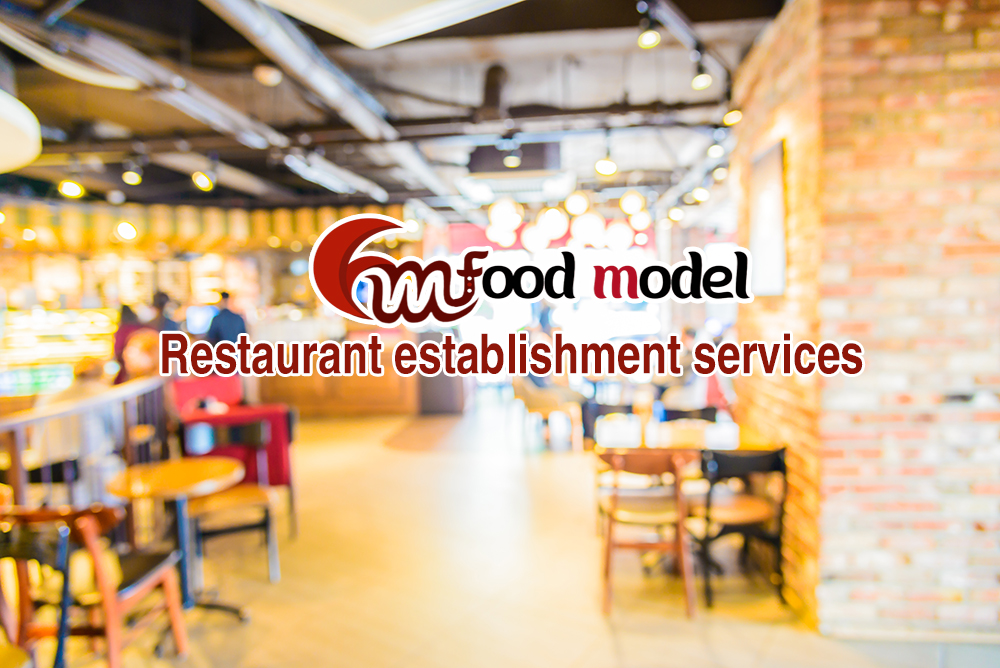
**Feasibility Study:**
* **Market Analysis:** Determining the size of the target market, analyzing competitors, and identifying prevailing trends in the restaurant industry.
* **Concept Definition:** Selecting the type of cuisine (Italian, Oriental, Seafood, etc.) and defining the target audience (families, young adults, businesspeople, etc.).
* **Financial Analysis:** Estimating initial costs (rent, fittings, licenses, etc.), projecting expected revenues, calculating the break-even point, and estimating the Return on Investment (ROI).
**Developing a Business Plan:**
* **Vision and Mission:** Defining the restaurant's future vision and the mission it seeks to achieve.
* **Objectives:** Setting measurable goals (e.g., increasing sales by a specific percentage, achieving a certain level of customer satisfaction).
* **Strategies:** Determining the strategies to be implemented to achieve the objectives (marketing strategies, pricing strategies, human resource management strategies, etc.).
* **Organizational Structure:** Outlining the restaurant's organizational structure and defining the responsibilities and authority for each position.
**Securing Funding:**
* **Self-Funding:** Using personal savings or seeking support from family and friends.
* **Bank Loans:** Obtaining loans from banks or financial institutions.
* **Investors:** Attracting investors to participate in the project in exchange for a share of the profits.
**Selecting a Location:**
* **Accessibility:** Ensuring the location is easily accessible for customers and suppliers.
* **Population Density:** Choosing a location in a high-density area.
* **Visibility:** Selecting a location that is easily visible to passersby.
* **Competition:** Analyzing the competition in the area and determining if the location is suitable.
* **Cost:** Comparing the cost of rent or purchase across different locations.
**Design and Fitting:**
* **Interior Design:** Designing the restaurant in an attractive and comfortable manner for customers.
* **Kitchen:** Equipping the kitchen with the latest necessary equipment and tools for food preparation.
* **Furniture:** Selecting suitable furniture that aligns with the restaurant's design.
* **Lighting:** Providing appropriate lighting that creates a comfortable and appealing atmosphere.
**Obtaining Licenses:**
* **Health Licenses:** Obtaining the necessary health licenses from the relevant government authorities.
* **Safety Licenses:** Securing the required safety licenses to ensure the safety of customers and employees.
* **Commercial Licenses:** Acquiring the necessary commercial licenses to operate the business.
**Recruitment and Training:**
* **Recruitment:** Hiring a qualified and specialized team with experience in the restaurant field.
* **Training:** Training the team on customer service methods, food preparation, and equipment handling.
**Marketing and Promotion:**
* **Branding:** Creating a distinctive brand for the restaurant.
* **Online Marketing:** Creating a website for the restaurant and using social media for promotion.
* **Advertising:** Advertising the restaurant in newspapers, magazines, radio, and television.